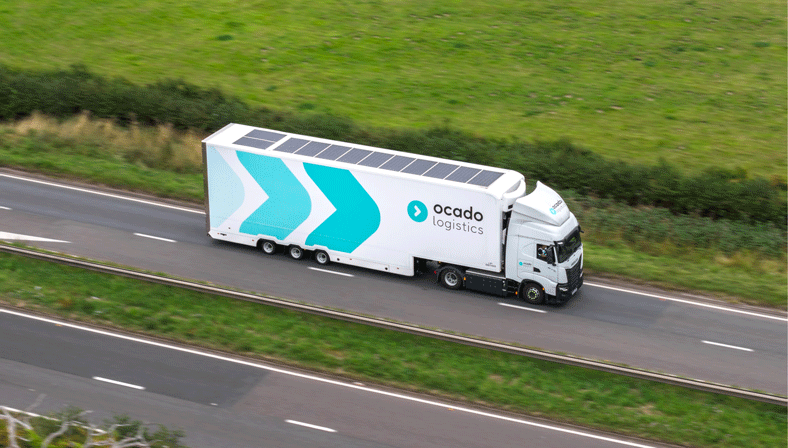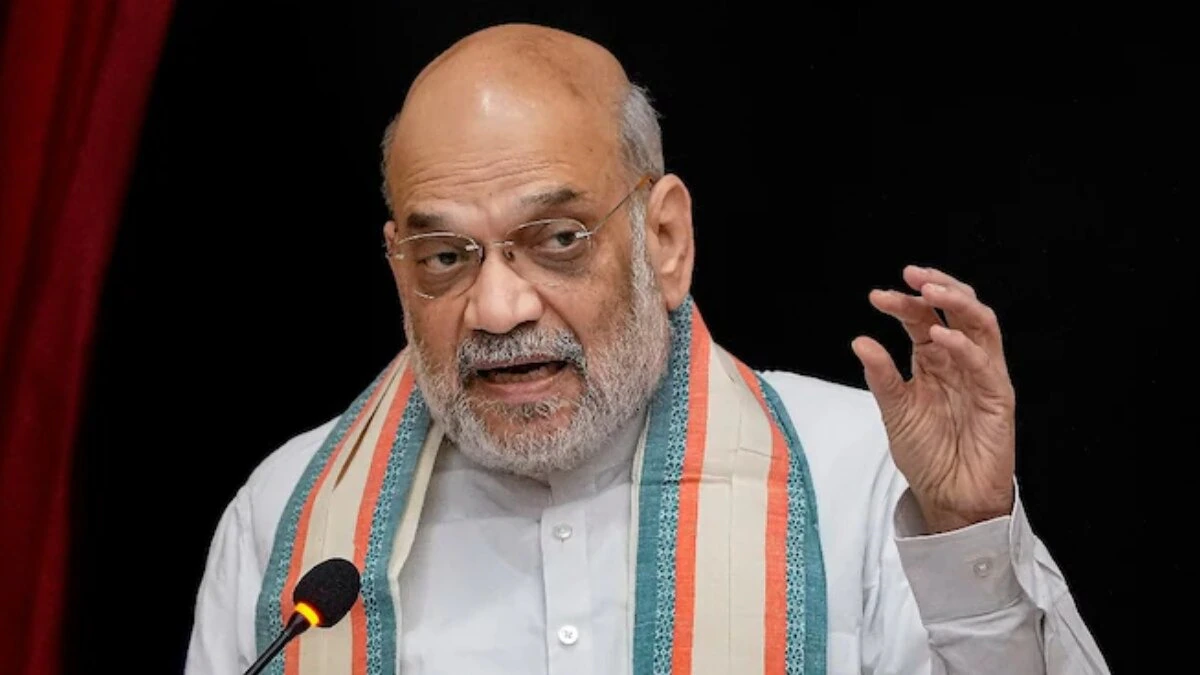By Sarah George
Copyright edie

Ocado will use the two trailers, the ‘Endurance’ models manufactured by British firm Sunswap, to transport fresh and frozen goods.
The trailers can deliver up to 24 hours of operation for frozen foods, or two months of operation for chilled foods, on a single charge.
The units are multi-compartment, making them suitable for temperature-controlled deliveries of different goods in different temperature zones. Sensors and monitoring enable temperature control in each compartment.
Each unit features six battery modules and solar panels integrated into the trailer roof. Fast charging capabilities enable drivers to top up.
Several other UK-based food businesses are already using the Sunswap technology to reduce their emissions and operating costs. Proponents include Tesco, Cranswick Foods and Birds Eye.
Sunswap claims that, compared with a same-size diesel trailer, one Endurance trailer reduces annual fleet emissions by 20.5 tonnes of CO2e.
Its customers have also recorded reductions in annual operating costs of up to 81%.
“This deployment with Ocado demonstrates that electric refrigeration can meet the operational requirements of major grocery retailers while supporting their sustainability goals,” said Sunswap CEO Michael Lowe.
Ocado has notably set a 2040 net-zero target, verified in line with the Science Based Targets initiative’s (SBTi) Net-Zero Standard for Corporates. The Standard requires businesses to commit to reducing their absolute emissions across all scopes by 90% by their net-zero target date.
More lenient targets are permitted for indirect (Scope 3) emissions from Forestry, Agriculture and Land Use (FLAG).
Ocado has set interim targets to reduce its absolute Scope 1 and Scope 2 emissions by 42% by 2030, with a base year of 2021.
Join edie’s upcoming webinar on decarbonising energy procurement
edie has partnered with Brook Green to host a free-to-attend webinar on decarbonising energy procurement on Thursday 25 September 2025.
The panel will examine how organisations of all sizes and sectors can procure energy more sustainably while maintaining commercial stability.
We’ll cover the current state of green energy procurement, outline the key tools and options available to businesses creating a sustainable energy strategy, and share ways to strengthen decision-making through access to market data, innovative contract types and hedging approaches.
Click here for full information and to register



